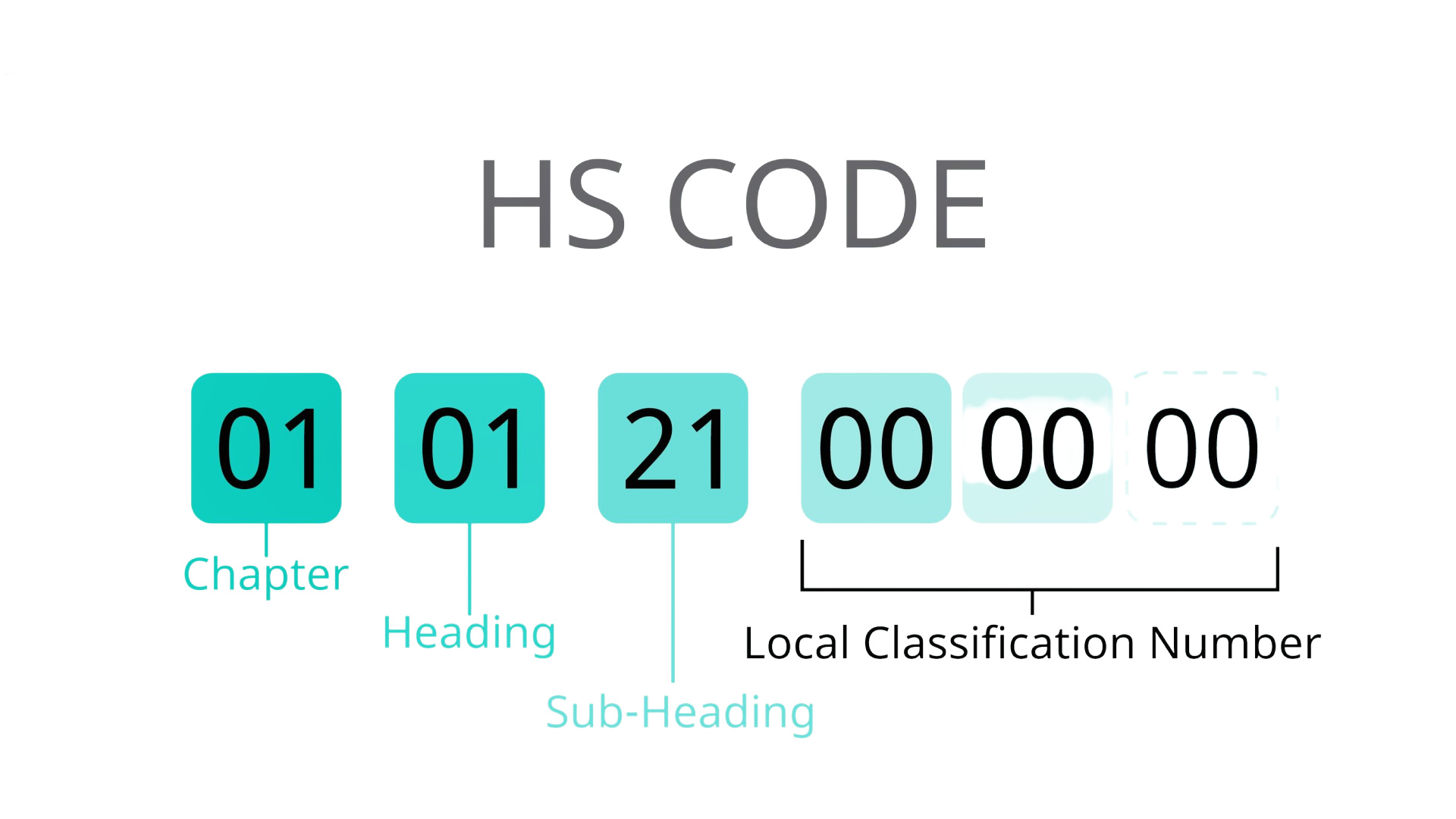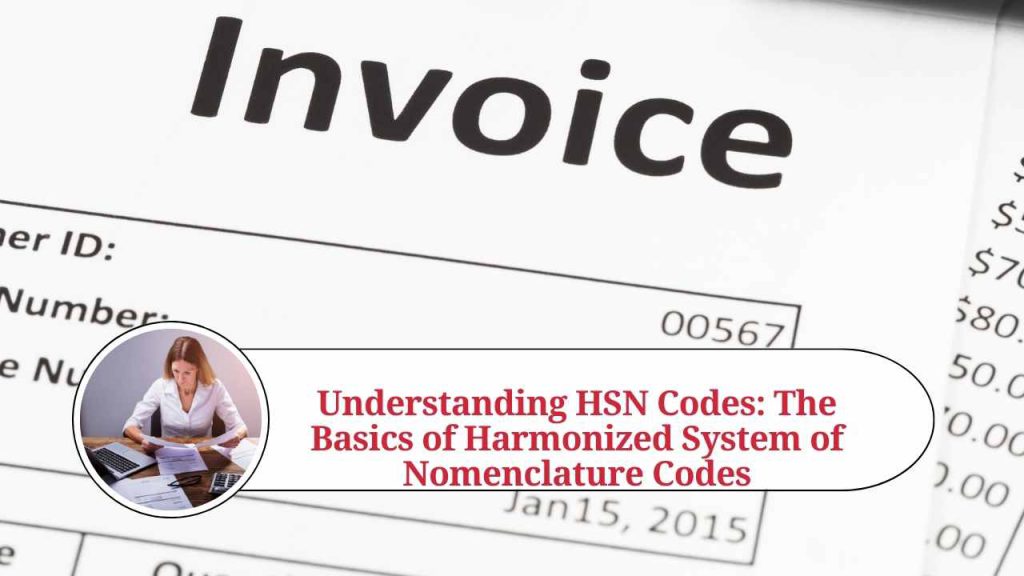Navigating the World of Cosmetics: Understanding Harmonized System Codes
Related Articles: Navigating the World of Cosmetics: Understanding Harmonized System Codes
Introduction
With great pleasure, we will explore the intriguing topic related to Navigating the World of Cosmetics: Understanding Harmonized System Codes. Let’s weave interesting information and offer fresh perspectives to the readers.
Table of Content
Navigating the World of Cosmetics: Understanding Harmonized System Codes

The global trade in cosmetics is a vast and complex industry, encompassing a wide array of products designed to enhance personal appearance and well-being. To streamline this trade and facilitate efficient customs clearance, a standardized system of classification is employed – the Harmonized System (HS) Code.
The HS Code is a six-digit numerical code used internationally to identify and classify goods for customs purposes. It provides a comprehensive framework for categorizing products based on their characteristics, materials, and intended use. In the realm of cosmetics, these codes play a crucial role in determining tariffs, import regulations, and trade statistics.
Delving into the Cosmetics HS Code Landscape
The HS Code structure for cosmetics is intricate, reflecting the diverse nature of the products involved. Broadly, cosmetics fall under Chapter 33 of the HS Code, which encompasses "Essential oils and resinoids; perfumery, cosmetic or toilet preparations." Within this chapter, specific codes are assigned to different types of cosmetics, taking into account their composition and intended use.
Key Categories of Cosmetics HS Codes:
- HS Code 3303: This code covers "Preparations for the care of the skin (other than medicaments), including sun tan preparations." This encompasses a wide range of skincare products, such as cleansers, toners, moisturizers, serums, and sunscreens.
- HS Code 3304: This code covers "Preparations for the care of the hair (other than medicaments)." This includes shampoos, conditioners, hair dyes, styling products, and hair treatments.
- HS Code 3305: This code covers "Preparations for oral hygiene (other than medicaments)." This includes toothpaste, mouthwash, dental floss, and other oral care products.
- HS Code 3306: This code covers "Perfumes and toilet waters." This includes fragrances, colognes, and other scented products.
- HS Code 3307: This code covers "Cosmetic or toilet preparations, not elsewhere specified or included." This category encompasses a wide range of products, including makeup, nail polish, shaving products, and other miscellaneous cosmetics.
Importance and Benefits of Cosmetics HS Codes
The use of HS Codes for cosmetics offers numerous benefits to both importers and exporters:
- Streamlined Customs Clearance: By accurately identifying the type of cosmetic product, the HS Code facilitates efficient customs clearance, reducing delays and costs.
- Accurate Tariff Determination: The HS Code dictates the applicable tariffs and import duties, ensuring transparency and fairness in international trade.
- Compliance with Regulations: HS Codes help ensure compliance with various import and export regulations, minimizing the risk of legal issues and penalties.
- Data Analysis and Market Insights: The consistent use of HS Codes allows for the collection and analysis of trade data, providing valuable insights into market trends, demand patterns, and competitive landscapes.
Navigating the Complexity: FAQs and Tips
Frequently Asked Questions:
Q: How can I find the correct HS Code for a specific cosmetic product?
A: Several resources can assist in determining the correct HS Code:
- World Customs Organization (WCO) Website: The WCO provides the official HS Code nomenclature and explanations.
- National Customs Websites: Each country’s customs agency provides specific guidance and resources on HS Code classification.
- Trade Specialists and Consultants: Expert advice from trade specialists or customs consultants can provide accurate and reliable HS Code determination.
Q: Are there any specific regulations for importing or exporting cosmetics using a particular HS Code?
A: Specific regulations may vary depending on the product, country of origin, and destination country. It is essential to consult with the relevant authorities in both the exporting and importing countries to ensure compliance.
Q: Can the HS Code for a cosmetic product change over time?
A: Yes, HS Codes can be updated periodically to reflect changes in technology, product composition, or international trade agreements. It is crucial to stay informed about any revisions to the HS Code system.
Tips for Effective HS Code Usage:
- Detailed Product Information: Provide accurate and detailed information about the cosmetic product, including its composition, intended use, and any special features.
- Consult with Experts: Seek guidance from customs brokers, trade specialists, or relevant government agencies to ensure accurate HS Code identification.
- Stay Updated: Monitor any changes or updates to the HS Code system and its classifications.
- Maintain Records: Keep thorough records of all HS Codes used for imported or exported cosmetics, along with supporting documentation.
Conclusion: A Foundation for Global Cosmetics Trade
The Harmonized System Codes play a vital role in facilitating efficient and compliant trade in cosmetics. By providing a standardized classification system, HS Codes ensure transparency, streamline customs processes, and offer valuable data for market analysis. Understanding and effectively utilizing these codes is essential for businesses involved in the global cosmetics industry, enabling them to navigate the complexities of international trade with confidence and success.


![]()





Closure
Thus, we hope this article has provided valuable insights into Navigating the World of Cosmetics: Understanding Harmonized System Codes. We thank you for taking the time to read this article. See you in our next article!